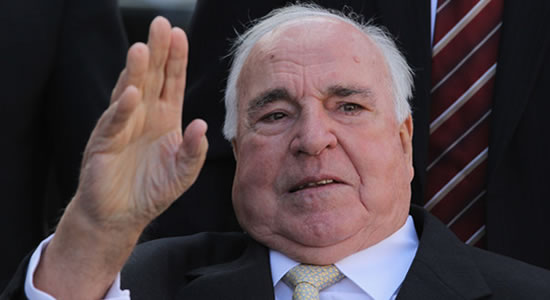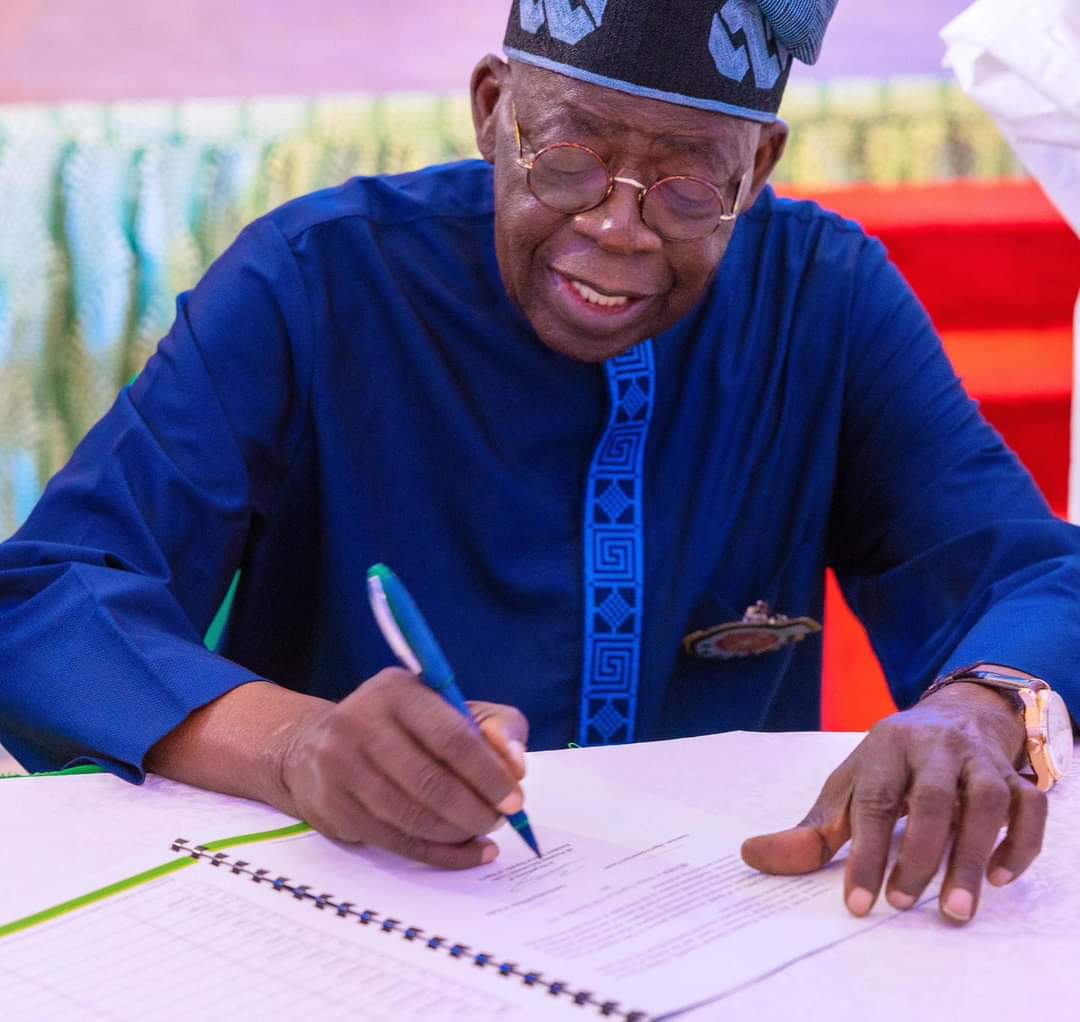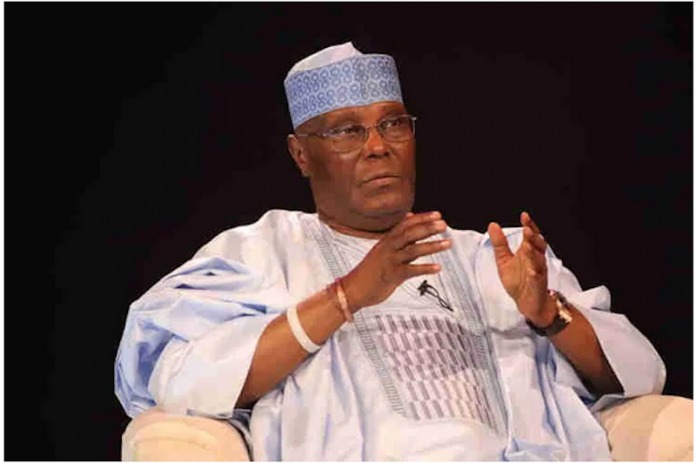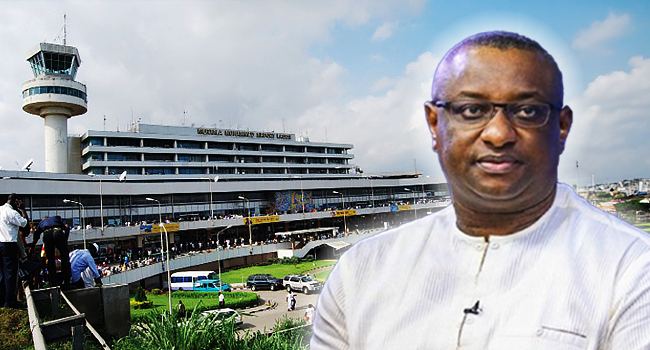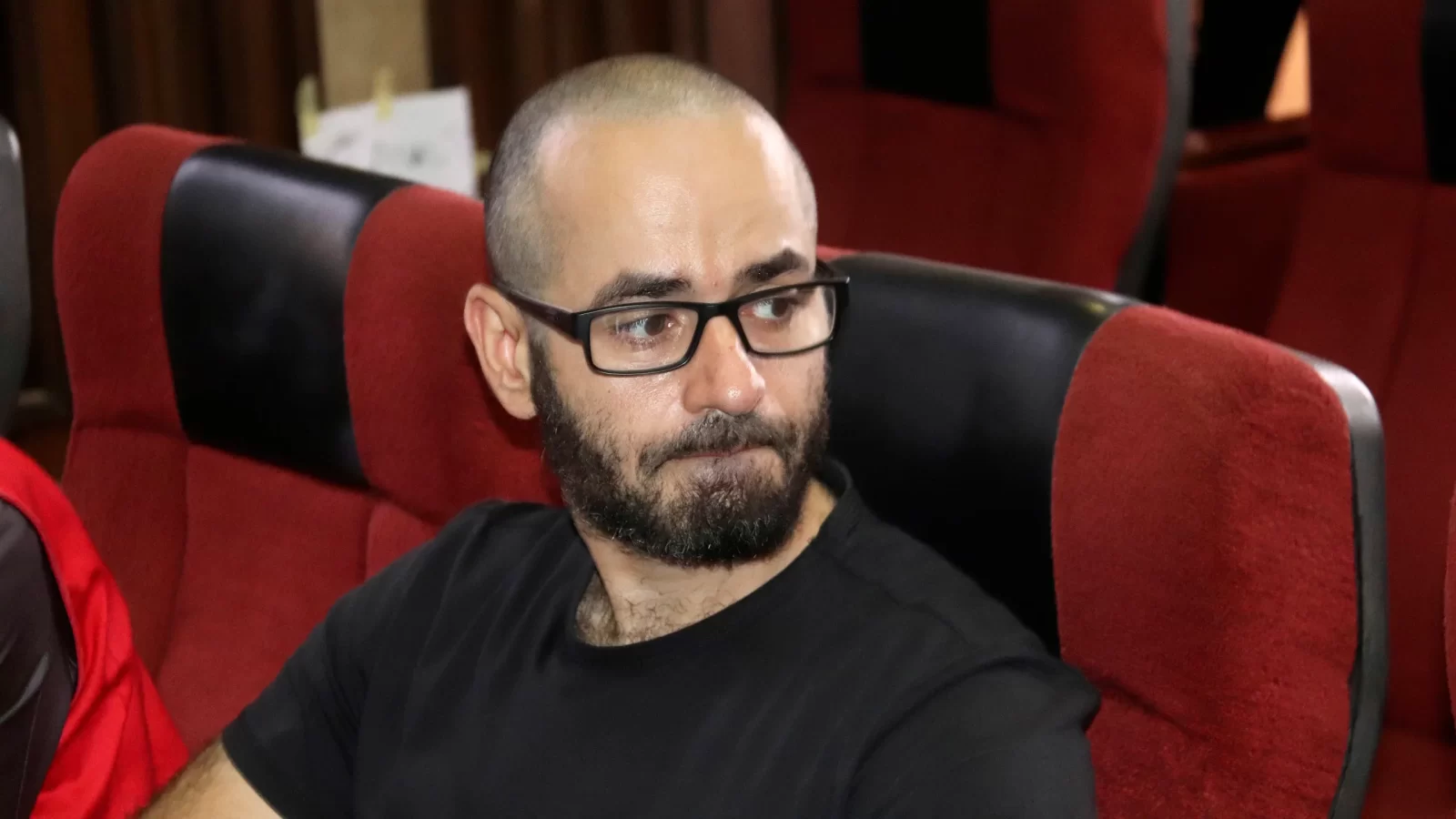Former Chancellor Helmut Kohl, the architect of Germany's 1990 reunification and mentor to Angela Merkel, has died at age 87, his Christian Democratic Union party (CDU) said on Friday. He was aged 87. Kohl served as chancellor for 16 years -- from 1982 to 1998 -- and was Germany's longest-serving leader since 1945. He worked tirelessly for the reunification of West and East Germany, in the post-war era.
Kohl was a driving force behind the introduction of the euro currency, convincing skeptical Germans to give up their cherished deutschemark. Dissatisfaction with Kohl's rule and high unemployment led to his defeat in 1998 by the Social Democrats. Kohl was succeeded in the chancellorship by Gerhard Schroeder.
Gerhard Schroeder, Kohl's successor as chancellor, called him a "great patriot and European...The unification of our country and our continent will be linked to his name for all time."
European Commission President Jean-Claude Juncker, who served as Luxembourg's prime minister while Kohl was in office, tweeted: "Helmut's death hurts me deeply. My mentor, my friend, the very essence of Europe, he will be greatly, greatly missed."
In Germany, Kohl is celebrated above all as the father of German reunification, which he achieved after the November 1989 fall of the Berlin Wall despite resistance from partners such as British Prime Minister Margaret Thatcher and Soviet leader Mikhail Gorbachev.
He won voters in bleak communist East Germany by promising them "flourishing landscapes".
Kohl was CDU chairman from 1973 to 1998. He was a member of the Bundestag, West German's lower house of parliament from 1976 to 1990.
He became chancellor of West Germany in 1982 and served until 1990, then became chancellor of Germany after reunification.
His chancellorship was marked with centrist policies that stressed commitment to NATO and modest cuts in spending. Shortly after leaving office, Kohl's reputation was tarnished by a financing scandal in his center-right CDU, now led by Chancellor Merkel. Kohl mentored Merkel early in her career, appointing her to her first ministerial post.
The fund-raising spurred an investigation in 2000. Kohl, who refused to discuss details of the funds, was harshly criticized.
The criminal investigation into illegal fund-raising was dropped in 2001. Kohl agreed to pay a fine of 300,000 German marks ($142,000). Italian EU affairs minister Sandro Gozi tweeted: "We have lost a great leader, above all a European with vision and courage. We missed him and we will miss him. We must follow his example to relaunch the EU."










